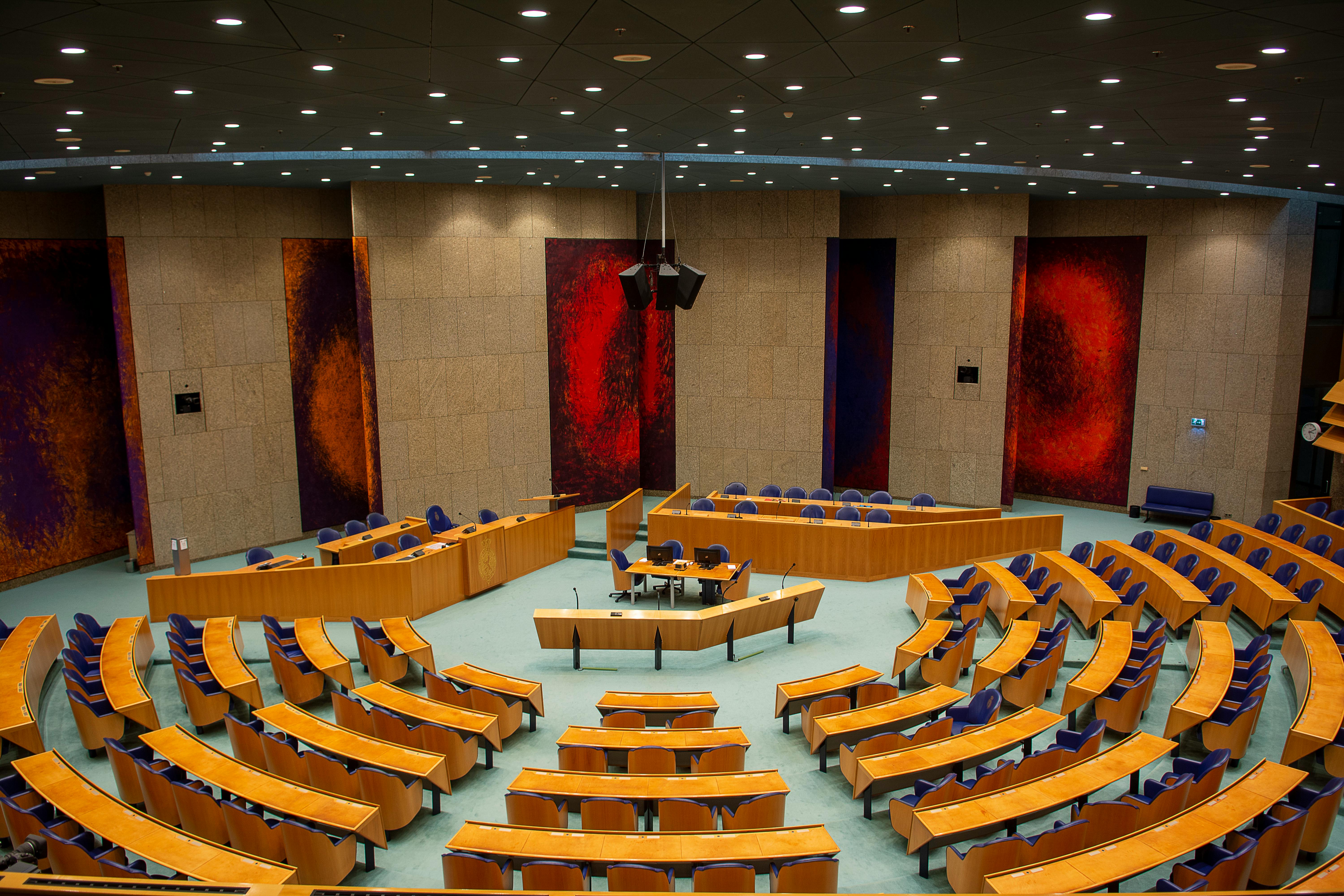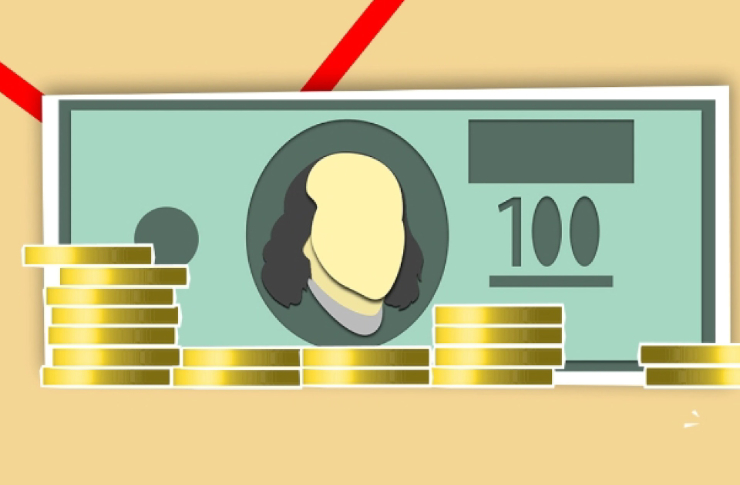The Role of Public Consultation in Shaping Legislation: A Modern Approach
Public consultation has always been an integral part of democratic societies. Historically, it was the town hall meetings and public forums where citizens had their say in governmental affairs. Over centuries, these practices have evolved and adapted to the changing times, with the advent of technology providing a significant shift in the way public opinion impacts legislation.

The Emergence of Digital Public Consultation
With the rise of the internet and digital communication, the traditional methods of public consultation have been radically transformed. Now, online platforms and social media have become the new town halls, facilitating wider public participation in legislative processes. This digital revolution has democratized the consultation process, enabling more voices to be heard and considered in shaping laws and policies.
Current Developments in Digital Public Consultation
In recent years, several governments around the world have begun utilizing digital platforms for public consultation. These platforms are being used to share information about upcoming legislation, gather public feedback, and facilitate discussions. By leveraging digital tools, governments can reach a larger audience, receive more diverse inputs, and make more informed decisions.
Implications of Digital Public Consultation
The benefits of digital public consultation are significant. It promotes transparency, fosters public trust, and ensures that legislation is based on a broad understanding of the public’s needs and concerns. However, it also presents challenges, including concerns about data security, digital literacy, and the potential for manipulation of public opinion.
The Future of Public Consultation
As technology continues to evolve, so too will the methods of public consultation. Future developments may include the use of artificial intelligence to analyze public sentiment, virtual reality for immersive public consultations, and blockchain technology for secure voting processes. Regardless of the specific tools used, the fundamental goal remains the same: to ensure that public opinion is taken into account in legislative processes.
In conclusion, public consultation is a cornerstone of democratic governance, and its evolution in the digital age has the potential to make a significant impact on how laws and policies are shaped. As we move forward, it will be critical to navigate the potential challenges and opportunities of digital public consultation to ensure that it continues to serve its purpose effectively and efficiently.




